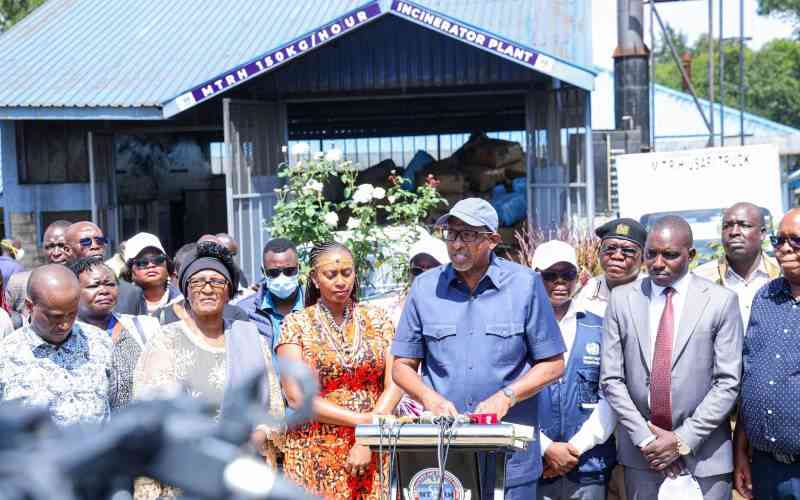Tinubu's two years in office:Amnesty Int'l says gunmen killed 10,217 persons in seven states
A new investigation by Amnesty International (AI) revealed, yesterday, that in President Bola Tinubu’s two years in power, at least 10,217 persons have been killed in attacks by gunmen in Benue, Edo, Katsina, Kebbi, Plateau Sokoto and Zamfara states.
Meanwhile, the Governor of Katsina, Dikko Radda, suggested that effective tackling of insecurity must include addressing the issue of informants.
The breakdown of the AI report indicates that over 6,896 persons were killed in Benue, 2,630 in Plateau, and 638 villages were sacked by bandits in Zamfara.
The Nigerian authorities’ reported failure to protect lives and property from daily attacks by armed groups cost thousands of lives and created a potential humanitarian crisis across many northern states, Amnesty said.
Director of Amnesty International Nigeria, Isa Sanusi, said: “May 29, 2025, marks exactly two years since Tinubu assumed office with a promise to enhance security. Instead, things have only got worse, as the authorities continue to fail to protect the rights to life, physical integrity, liberty and the security of tens of thousands of people across the country.
“President Tinubu must fulfil his promises to Nigerians and urgently address the resurgence of the nation’s endemic security crisis. The recent escalation of attacks by Boko Haram and other armed groups shows that the security measures implemented by Tinubu’s government are simply not working.”
RADDA proffered the panacea, yesterday, during a prayer session by representatives of Islamic groups to mark his administration’s second anniversary.
The governor said most of the atrocities committed by terrorists or bandits in the state were based on information they got from informants living in affected communities.
“Most communities know persons who sell weed or other dangerous substances. They usually know who he is and where he lives, unless they don’t want to point out where such a person stays. Likewise, bandits living in the forests cannot come and commit atrocities like abductions and rustling of animals, unless someone in the affected communities tells them which house to go to.
“If the problem of insecurity is to be adequately addressed, we need to do something drastic about informants who leak information to bandits before they carry out their operations. We have concentrated on investing in security operatives to protect communities and fight the bandits, but we have not given adequate time to addressing the problem of informants in society.”
He, therefore, called on stakeholders to give attention to how the problem of informants could be tackled, assuring that his administration would support any measure aimed at bringing the security challenge to a standstill.








